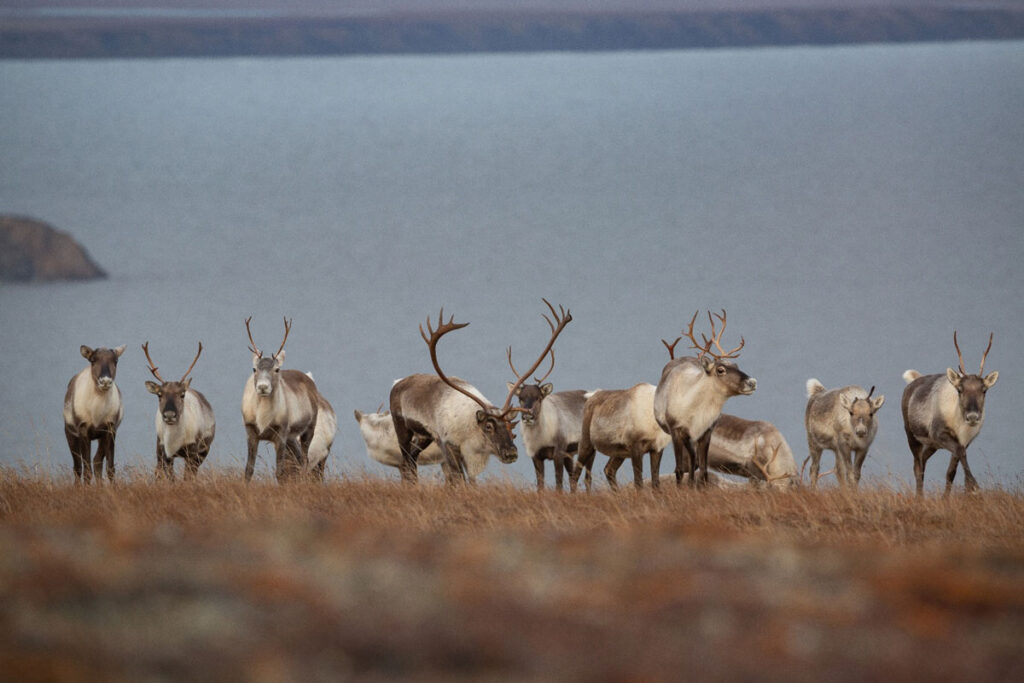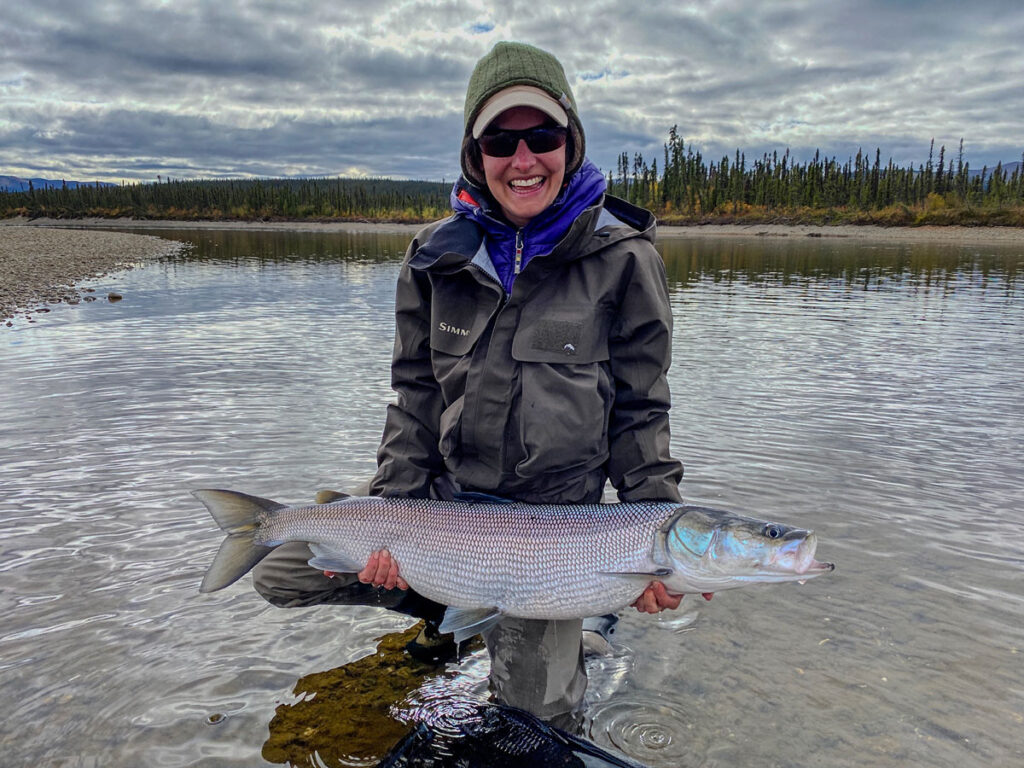New website an educational, voter resource for Wyoming’s hunters and anglers
(Cody, Wyo.)—Today, seven hunting and fishing conservation groups launched the website Hunt-Fish-Vote Wyoming, an educational, voter resource for Wyoming’s hunters and anglers. Supporting groups include Theodore Roosevelt Conservation Partnership, Wyoming Wildlife Federation, Wyoming Wild Sheep Foundation, American Bear Foundation, Backcountry Hunters & Anglers, Muley Fanatic Foundation, and Wyoming Trout Unlimited.
“Wyoming sportspeople are impacted by the outcomes of elections every legislative session,” said Joy Bannon, Executive Director with the Wyoming Wildlife Federation. “WWF believes it is important to have a well-informed populace, and we are excited to partner with other sporting organizations in this educational resource for Wyoming voters.”
The website features downloadable resources, including an informational guide on state and local positions, a candidate questionnaire, and information about Wyoming hunting and fishing community priorities.
“State and local officials make decisions every day that affect public access and habitat,” said Josh Metten, Wyoming field representative for the Theodore Roosevelt Conservation Partnership, who lives in Cody. “TRCP is proud to contribute to Hunt-Fish-Vote Wyoming, which will help Wyoming hunters and anglers educate themselves about elected officials and commit to vote in the 2024 primary and general elections.”
The website also features links to voter resources, such as how to register to vote and important election dates.
“Every candidate has their own perspective on issues important to hunters and anglers,” said Joshua Coursey, President of the Muley Fanatic Foundation. “We urge Wyoming sportspeople to educate themselves and vote in the primary and general elections.”
Wyoming’s primary election takes place on August 20, with the general election occurring on November 5.
Hunt-Fish-Vote Wyoming is an educational voting resource for Wyoming hunters and anglers. This platform will not be used to support, endorse, or oppose any candidate or political party. Candidates’ fitness for office should be judged on a variety of qualifications that go beyond their responses to the questionnaire.
Visit Hunt-Fish-Vote Wyoming to learn more.
The TRCP is your resource for all things conservation. In our weekly Roosevelt Report, you’ll receive the latest news on emerging habitat threats, legislation and proposals on the move, public land and waters access solutions we’re spearheading, and opportunities for hunters and anglers to take action. Sign up now.






